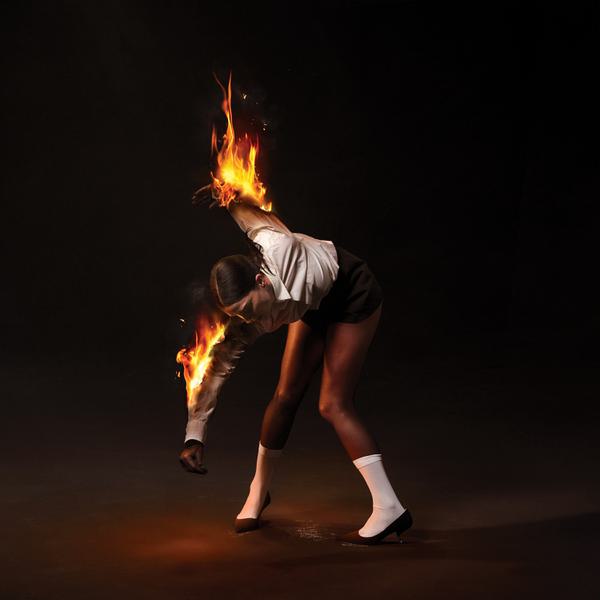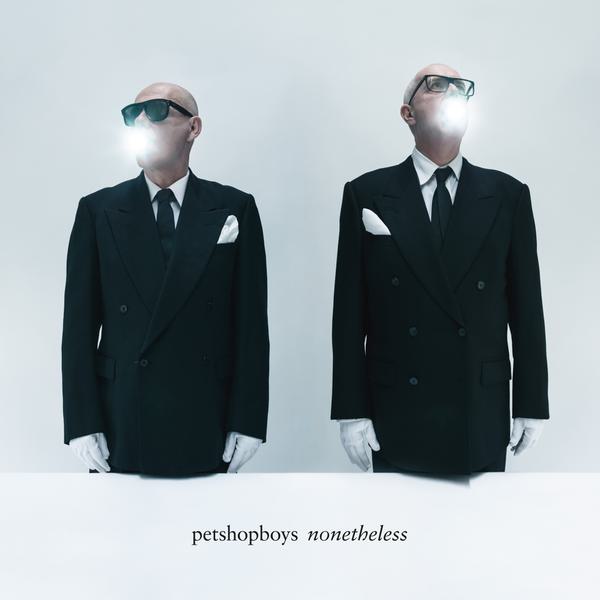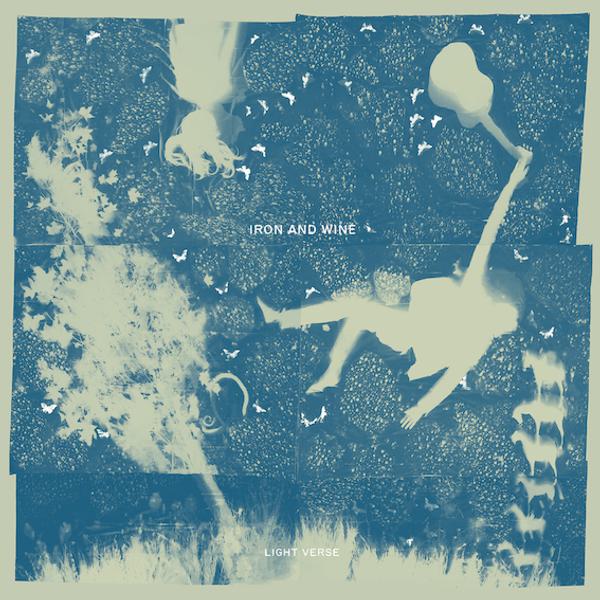Arcade Fire film The Reflektor Tapes is a missed opportunity
In 2005, I saw a band and it changed my life. That band was The Arcade Fire - this was before the definite article disappeared into the aether - and since then they have been the crucible of a myriad friendships, at least three marriages (none of them mine, alas) and some of the most transcendental live music experiences the last ten years have had to offer.
I'll never forget the first time I saw them perform "In The Backseat" and the pin-drop silence that pervaded the Manchester Academy, nor will I forget the audience spontaneously carrying on its haunting refrain for two minutes after they left the stage. I'll forever hold fond memories of being one of thirty thousand people belting out the chorus to "Wake Up" at Glastonbury 2007, and of witnessing every single band member go hell for leather during a scintillating "Haiti" at Maida Vale. In short, they're a very special band to me, and that's why I wish The Reflektor Tapes better mirrored the qualities that make them so.

The first attempt to make a documentary about Arcade Fire, the ill-starred Miroir Noir, was an ambitious but disjointed smorgasboard of ideas that never really coalesced into coherency, despite some stunning live material and a handful of innovative touches. The Reflektor Tapes, coming out seven years later, unfortunately falls into many of the same traps.
Frontman Win Butler has gone on record several times stating the concept of a traditional concert film doesn't appeal to him, which in theory is a respectable notion. However, this feels like three separate mini-documentaries, each potentially interesting on their own merits, spliced together with all the grace of a GCSE student who's discovered the "special effects" button on Windows Movie Maker.

The first of the three elements is the concert footage itself, which by and large is excellent. There's some great shots from the band's Montreal warm up shows, and the vibrant "Afterlife" segment is a tantalising glimpse of what this film could have been (watching Will Butler hammering his keys like a man possessed is a far better advertisement for the band than any number of cod-philosophical quotes.) However, it seems a peculiar artistic choice to so regularly reduce Arcade Fire's most vividly colourful tour to date to a faded monochome, and the conceit of isolating individual musical elements is massively overused.

The second element explores the band's relationship with Haiti; the family of pianist/drummer/accordionist/hurdy-gurdyist Regine Chassigne were refugees from the monstrous regime of Papa Doc Duvalier, and the influence of the country runs deep in Arcade Fire's music, particularly on Reflektor. This association resulted in accusations of cultural appropriation from predominantly white critics who presumed someone light-skinned by a quirk of genetics couldn't possibly really be Haitian, and even Regine admits there was some disconnect between her and her parents' culture until she visited the country in 2008. This certainly is the most endearing and enlightening aspect of the project - take for example Regine's revelation that she was influenced by the rhythms her father tapped out on his steering wheel - but its impact is diluted by the director's incoherent approach to editing.

Finally, the film attempts to provide some insight into the mentality of a band who have always revelled in a self-imposed "outsider" status (despite their latter-day hobnobing with Madonna and Kanye). This is where the film is least successful, although one suspects that's entirely intentional. Early on, it's stated that the band's aesthetic is built on "trying to ignore the world," and that comes across even when the spotlight is fixed firmly on them. Whilst there's the odd moment of honesty, one never gets the sense of what it felt like for this these "weird art-school geeks" (as I overheard them described at my first AF gig) to bloom into unlikely stadium fillers, and that feels like a missed opportunity.

The overriding problem with The Reflektor Tapes is that, ironically for a document of an album that never knew when to finish a song, it's far too fragmented, unwilling to let the viewer appreciate a scene for more than a few seconds. Win Butler speaks of the significance of "the communal energy" of their live shows - the very core of their appeal - but the lack of focus means the film rarely succeeds in conveying that. It squanders some good ideas with needlessly obtuse design decisions, and most disappointing of all, it often struggles to hold one's attention. One of the things that attracted me to Arcade Fire in the first place was there was real heart and passion behind their quirkiness. I'm afraid I can't say the same about this film.
- Louis Cole returns with fifth studio album, Nothing
- Overmono unveil their edit of “Turn The Page” by The Streets
- Actress announces his tenth studio album, Statik
- Wu-Lu unveils new single "Sinner" and announces free EP launch party
- Our Girl sign to Bella Union and release new single, "Relief"
- Softcult share "One Of The Pack" as final preview of forthcoming EP
- Bat For Lashes shares a cover of DJ Baauer's "Home"
Get the Best Fit take on the week in music direct to your inbox every Friday

Sega Bodega
Dennis

St. Vincent
All Born Screaming

Pet Shop Boys
Nonetheless





